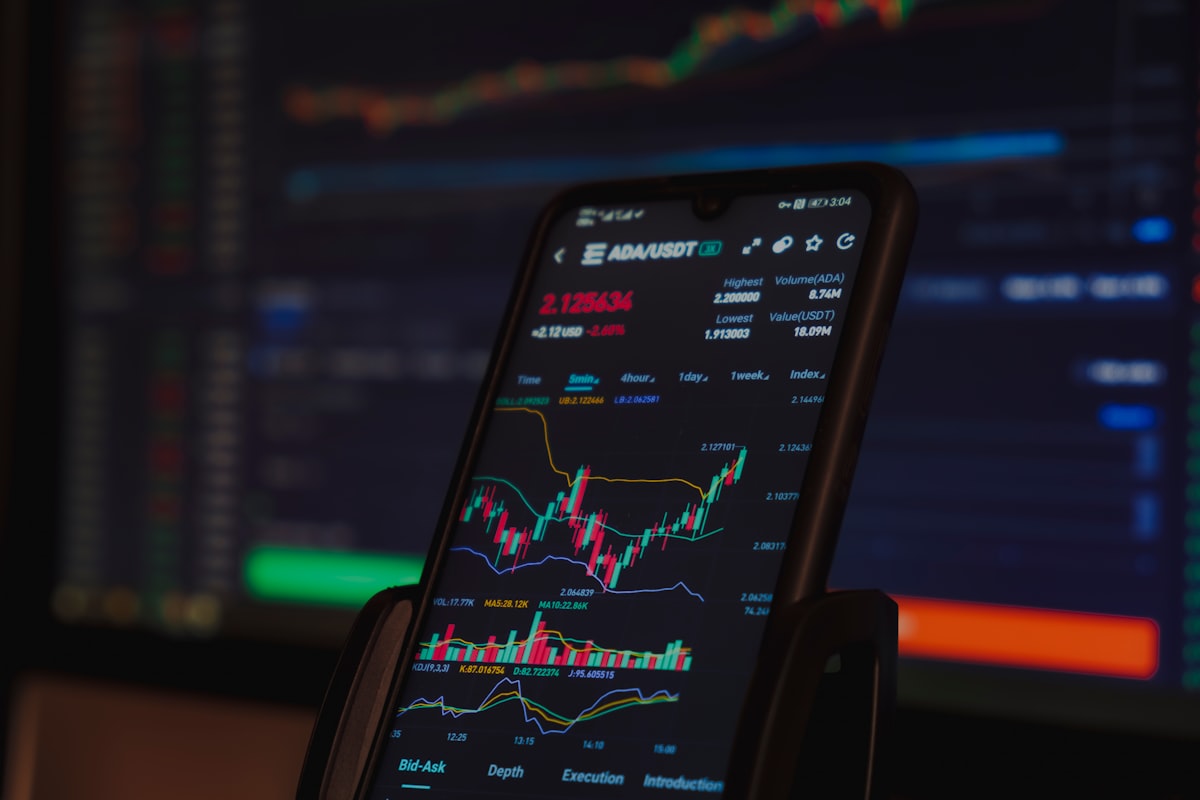Nigeria slowly walks back two-year-old ban on crypto
The country's financial regulator introduced restrictions on crypto transactions in February 2021

Per a circular released yesterday, the apex bank of Africa’s largest economy has finally updated its guidelines on digital currencies in the country after over two years of taking them entirely off the table.
It was in February 2021 when the Central Bank of Nigeria (CBN) outlawed cryptocurrencies in what was, at the time, the second-largest Bitcoin market after the U.S., sternly instructing financial institutions to close accounts associated with crypto transactions.
Now, the CBN, taking cognizance of the growing global trend towards actively regulating virtual asset service providers (VASPs), is unceremoniously relaxing the restrictions on banks’ facilitation of cryptocurrency transactions.
While banks remain prohibited from holding virtual currencies in customer accounts, they have been allowed to engage with VASPs and their customers, though with the stringent practices the CBN has laid out.
For example, financial institutions must obtain the bank verification numbers of the leaders of crypto ventures using their services, whom in turn must be licensed by the country’s capital markets watchdog, the Securities Exchange Commission (SEC).
“Furthermore, Section 30 of the Money Laundering (Prevention and Prohibition) Act, 2022 recognizes VASPs as part of the definition of a financial institution,” a fraction of the circular reads.
CBN’s Director of Financial Policy and Regulation Department, Haruna Mustafa, reminded that the SEC in May 2022 issued Rules on Issuance, Offering, and Custody of Digital Assets and VASPs to provide a regulatory framework for their operations in Nigeria.
“In view of the foregoing, the CBN hereby issues this guideline to provide guidance to financial institutions under its regulatory purview in respect of their banking relationship with VASPs in Nigeria,“ Mustafa said.
Since the imposition, industry players have been mounting pressure on authorities to revise its regulations, particularly since local crypto trading volumes continued to rise despite the restrictions.
According to New York-based research firm Chainalysis, Nigeria’s cryptocurrency transaction volume grew 9 percent year-on-year to $56.7 billion between July 2022 and June 2023, and the market retains its position as the largest in Africa.
For actors, this is a good start. Recall, the CBN slammed several commercial banks a combined fine of N814.26 million (≈$900K) for failing to freeze bank accounts that have been used for crypto transactions.
Nigeria joins a small count of African countries currently tending towards proper cryptocurrency regulation, with the likes of Angola, Ghana, and Kenya moving in similar direction.







Comments ()